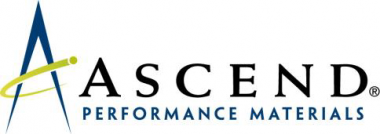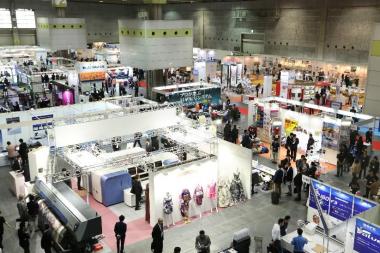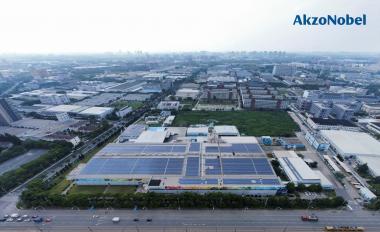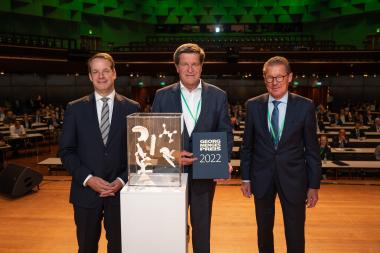NCTO: U.S. Senate passes bill for American-made essential products
The National Council of Textile Organizations (NCTO) commends the Senate for passing the Fiscal Year 2023 National Defense Authorization Act (NDAA), which includes a key provision aimed at spurring more government procurement of domestically produced essential products, providing a significant benefit to the U.S. textile industry.
“We applaud the Senate for getting the NDAA across the finish line today, and we are pleased the legislation will now go to President Biden for his signature,” said NCTO President and CEO Kim Glas. “The underlying NDAA conference report includes a critical bill known as the Homeland Procurement Reform (HOPR) Act, which establishes specific criteria that the Department of Homeland Security (DHS) must meet to procure more domestically manufactured uniforms, footwear, and related critical items by DHS agencies.”
“NCTO sincerely thanks the Warrior Protection and Readiness Coalition (WPRC) and the coalition of industry and labor groups who helped secure inclusion of the HOPR Act in the NDAA,” Glas said. “This common-sense bill will ensure that key divisions of the DHS can procure American-made critical uniforms and protective equipment to support the execution and enforcement of their missions.”
Glas added, “The importance of the domestic textile industry and a warm industrial base was heightened during the pandemic when the industry pivoted overnight to retool production lines to address severe shortages of lifesaving products. That experience demonstrated how imperative it is to build and expand a permanent domestic manufacturing base for our country’s health and national security. The HOPR Act is poised to provide a greatly needed demand signal to the U.S. manufacturing industry for expanded government procurement of American-made essential items, ranging from uniforms to footwear and body armor and helmets. It is a step in the right direction to further safeguard our national security from unreliable foreign supply chains in China and other countries for essential materials.”
Once signed into law, the new HOPR provisions will go into effect in 180 days.
National Council of Textile Organizations

































